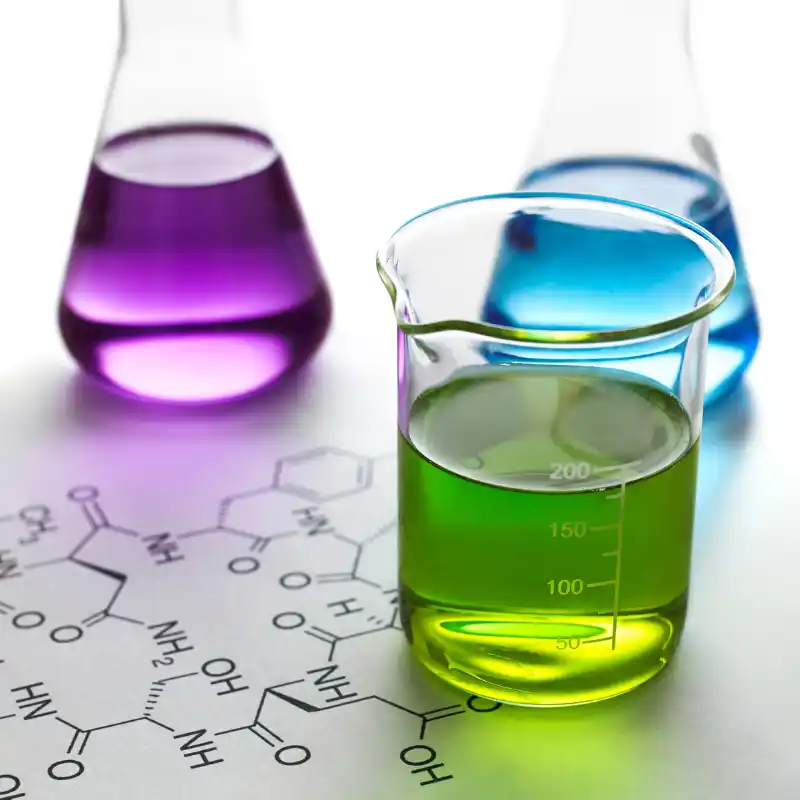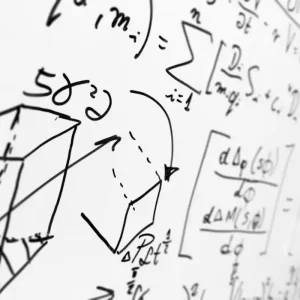Description
Overall Curriculum Expectations By the end of this course, students will: A. Scientific Investigation Skills and Career Exploration A1. demonstrate scientific investigation skills (related to both inquiry and research) in the four areas of skills (initiating and planning, performing, and recording, analysing, and interpreting, and communicating). A2. identify and describe careers related to the fields of science under study, and describe the contributions of scientists, including Canadians, to those fields. B. Organic Chemistry B1. assess the social and environmental impact of organic compounds used in everyday life and propose a course of action to reduce the use of compounds that are harmful to human health and the environment. B2. investigate organic compounds and organic chemical reactions and use various methods to represent the compounds. B3. demonstrate an understanding of the structure, properties, and chemical behaviour of compounds within each class of organic compounds. C. Structure and Properties of Matter C1. assess the benefits to society and evaluate the environmental impact of products and technologies that apply principles related to the structure and properties of matter. C2. investigate the molecular shapes and physical properties of various types of matter. C3. demonstrate an understanding of atomic structure and chemical bonding, and how they relate to the physical properties of ionic, molecular, covalent network, and metallic substances. D. Energy changes and rates of Reaction D1. analyse technologies and chemical processes that are based on energy changes and evaluate them in terms of their efficiency and their effects on the environment. D2. investigate and analyse energy changes and rates of reaction in physical and chemical processes and solve related problems. D3. demonstrate an understanding of energy changes and rates of reaction. E. Chemical Systems and Equilibrium E1. analyse chemical equilibrium processes, and assess their impact on biological, biochemical, and technological systems. E2. investigate the qualitative and quantitative nature of chemical systems at equilibrium and solve related problems. E3. demonstrate an understanding of the concept of dynamic equilibrium and the variables that cause shifts in the equilibrium of chemical systems. F. Electrochemistry F1. analyse technologies and processes relating to electrochemistry, and their implications for society, health and safety, and the environment. F2. investigate oxidation-reduction reactions using a galvanic cell and analyse electrochemical reactions in qualitative and quantitative terms. F3. demonstrate an understanding of the principles of oxidation-reduction reactions and the many practical applications of electrochemistry. Outline of Course Content Unit Title Time 1 Organic Chemistry 24 hours 2 Structure And Properties of Matter 22 hours 3 Energy Changes and Rates of Reaction 22 hours 4 Chemical Systems and Equilibrium 20 hours 5 Electrochemistry 20 Hours Final Examination (A proctored exam worth 30% of the student�s final mark) 2 hours Total 110 hours





Reviews
There are no reviews yet.